Boost for Indie Artists: Selling Vinyl at Concerts Becomes a Game-Changer
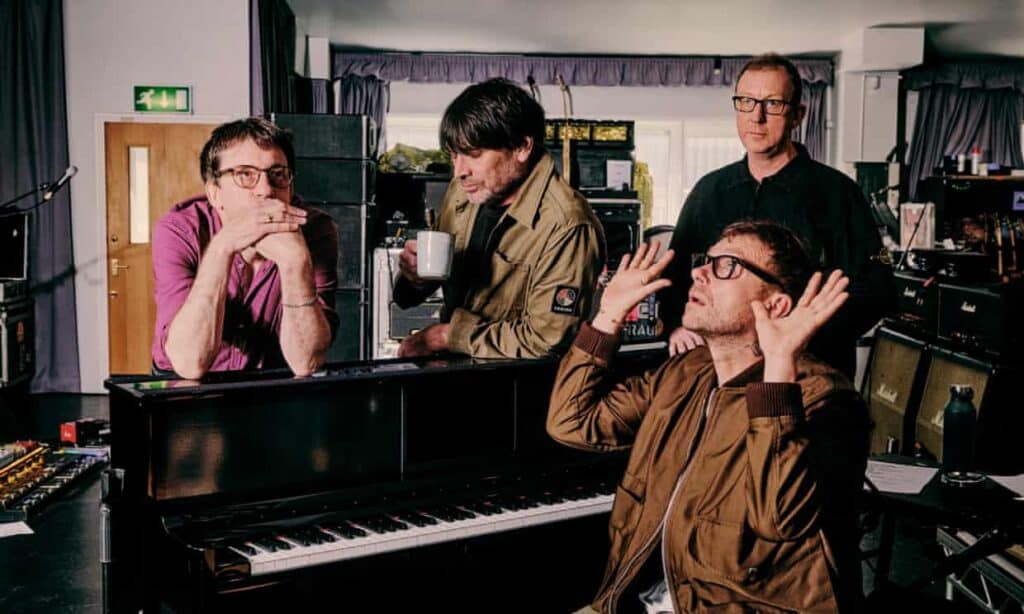

Musicians are discovering that selling their records at shows is not just an afterthought anymore – it’s becoming a crucial way to make money. After her performances, singer-songwriter Roxanne de Bastion rushes to her merchandise stall. Selling copies of her album “You & Me, We Are the Same” at shows made the difference between financial struggle and being able to pay rent for three months.
Selling vinyl and merchandise at concerts is becoming just as important as more traditional methods. For de Bastion, about half of her yearly music income comes from selling vinyl at gigs, with the rest coming directly from her website. This trend is not limited to big-name artists; even smaller acts are experiencing it.
David Manders, who manages bands like LIFE and Nubiyan Twist, notes that around 30% of vinyl sales for these bands happen at their live performances. This shift is impacting music charts, as emerging artists often miss out on higher chart positions since they don’t usually use the technology that tracks sales.
The importance of live performances was emphasized by Blur drummer Dave Rowntree, who mentioned that only 3,000 cassette sales played a bigger role in getting his band’s latest album to No. 1 than millions of Spotify streams.
Even rising indie stars like English Teacher acknowledge the significance of selling merchandise at gigs. Lead singer Lily Fontaine emphasizes that income from shows often covers expenses like equipment, travel, and accommodation. For them, selling merch is crucial.
While larger venues may take a percentage of merchandise sales, smaller ones often don’t. Independent venues, which host events like Independent Venue Week (IVW), aim to support artists and provide dedicated merch areas. Some venues, like The Half Moon in Putney, even have permanent record store areas and collaborate with local record shops.
Artists, labels, and venues are aware of the importance of record shops and don’t want to take away their business. The growth of vinyl sales at gigs shows how the lines between venues and shops are blurring. Some record shops, like Rough Trade and Resident Music, also host live performances.
For artists, the merch stand is not just about money; it’s a direct connection with fans that streaming services can’t provide. Roxanne de Bastion values these moments where fans share their feelings about the music. The live music experience goes beyond just the performance – it’s about forging relationships and connecting with the audience.

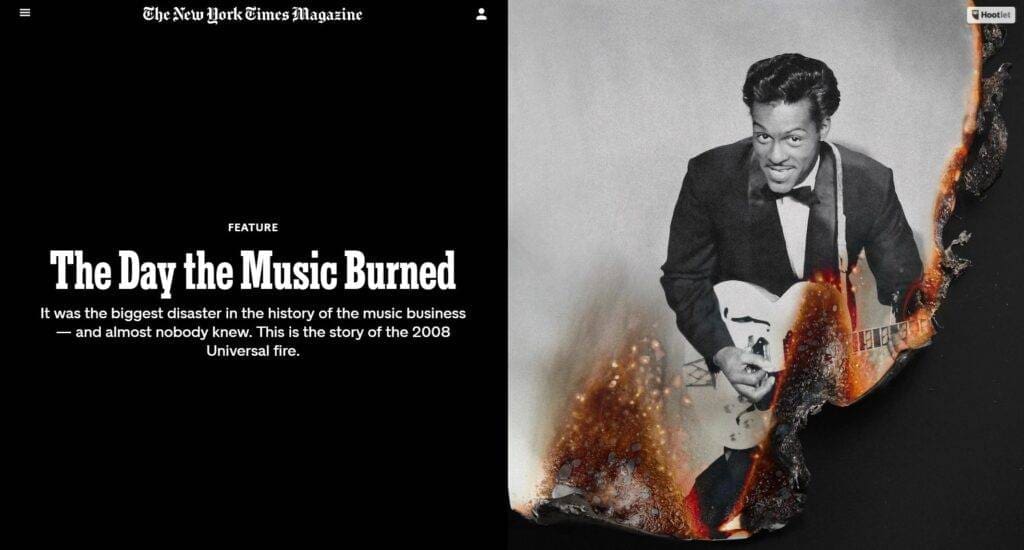
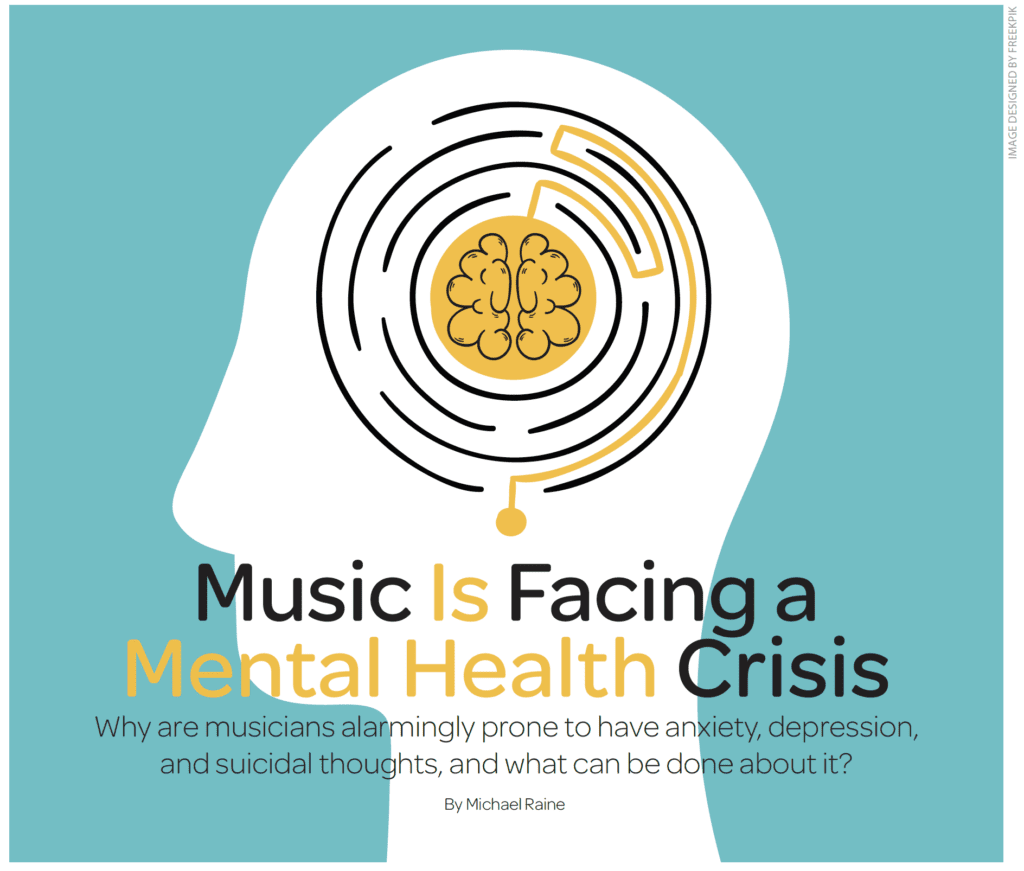

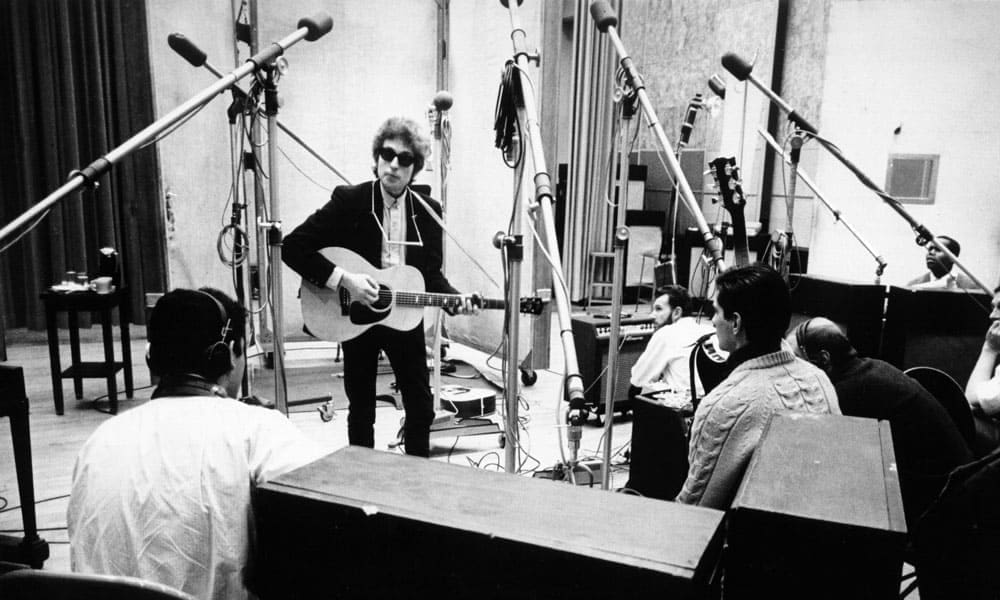
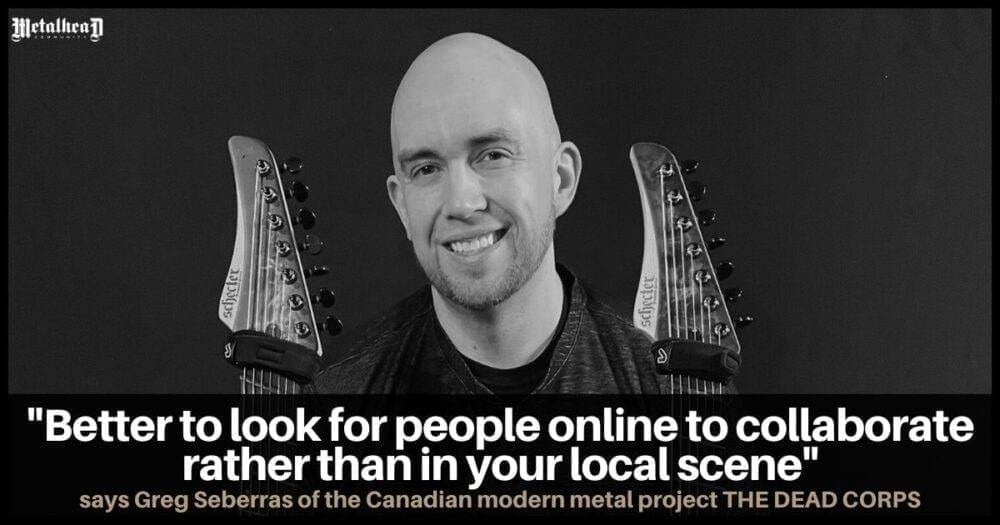
Responses